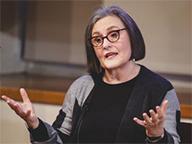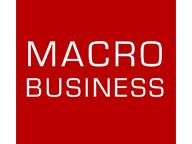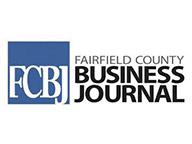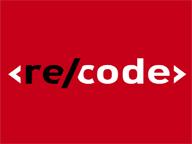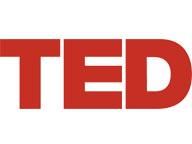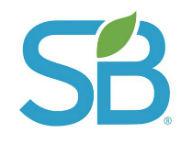Faculty News
—
Professor Baruch Lev's co-authored book, "The End of Accounting," is featured
—

Excerpt from Value Research -- "Lev and Gu make several specific recommendations on how financial reports can be made relevant again - by reporting numbers in a way that emphasises 'strategic assets' and how they are nurtured and grown by organisations. Further, they suggest that modified cash flows (adjusted for investments in these assets and after taking into account the cost of capital) are best used by investors for deciding on investments."
Faculty News
—

Excerpt from Value Research -- "Lev and Gu make several specific recommendations on how financial reports can be made relevant again - by reporting numbers in a way that emphasises 'strategic assets' and how they are nurtured and grown by organisations. Further, they suggest that modified cash flows (adjusted for investments in these assets and after taking into account the cost of capital) are best used by investors for deciding on investments."

